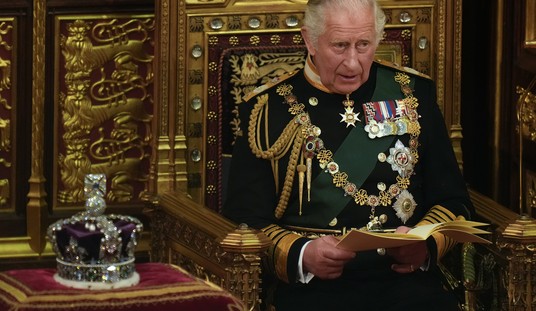Observers said Wisconsin Gov. Scott Walker’s cost-cutting bill to limit collective bargaining would prompt a Waterloo — and they weren’t kidding. But it’s not still not clear who’s who in the fight. Yesterday, the state Supreme Court upheld the controversial bill. Today, unions representing public workers in the state filed a lawsuit in federal court. From the wires:
The lawsuit, filed in U.S. District Court for the Western District of Wisconsin, claims the controversial measure is unconstitutional because it creates two classes of public workers in the state — those covered by the new rules and those exempt from them.
The law eliminates most collective bargaining rights for most Wisconsin teachers, road workers and other public employees and requires them to pay more for pensions and health coverage.
But certain public workers, including firefighters and other public safety workers, have been exempted from the new rules.
The suit argues that the differential treatment violates the constitutionally protected equal protection rights of the employees covered by the law.
It’s a completely different approach. Last time, collective bargaining fans made a procedural argument against the bill, saying the Republican majority in the state legislature passed it without granting out-of-state Democrats proper notice.
This argument might immediately sound more substantive, but it’s possibly more of a stretch. Wisconsin is not the first state to limit collective bargaining to some segments of public workers and not others, according to Heritage Foundation labor analyst James Sherk.
Sherk explains: In Indiana, for example, teachers enjoy collective bargaining privileges, but no other public workers do. Tennessee — before it abolished collective bargaining altogether — used to allow collective bargaining only for teachers. In Texas, police and firefighters may unionize, but no other government workers can.
Perhaps even more tellingly, labor law itself distinguishes among different types of workers. The Taft-Hartley Act of 1947 outlawed union shops in all industries except construction, Sherk said.
It’s hard to believe union leaders expect this argument to ultimately succeed. That makes this seem more like a delay tactic than anything else. If incessant lawsuits simply prevent the controversial bill from taking effect, the recall elections will be that much closer …








Join the conversation as a VIP Member